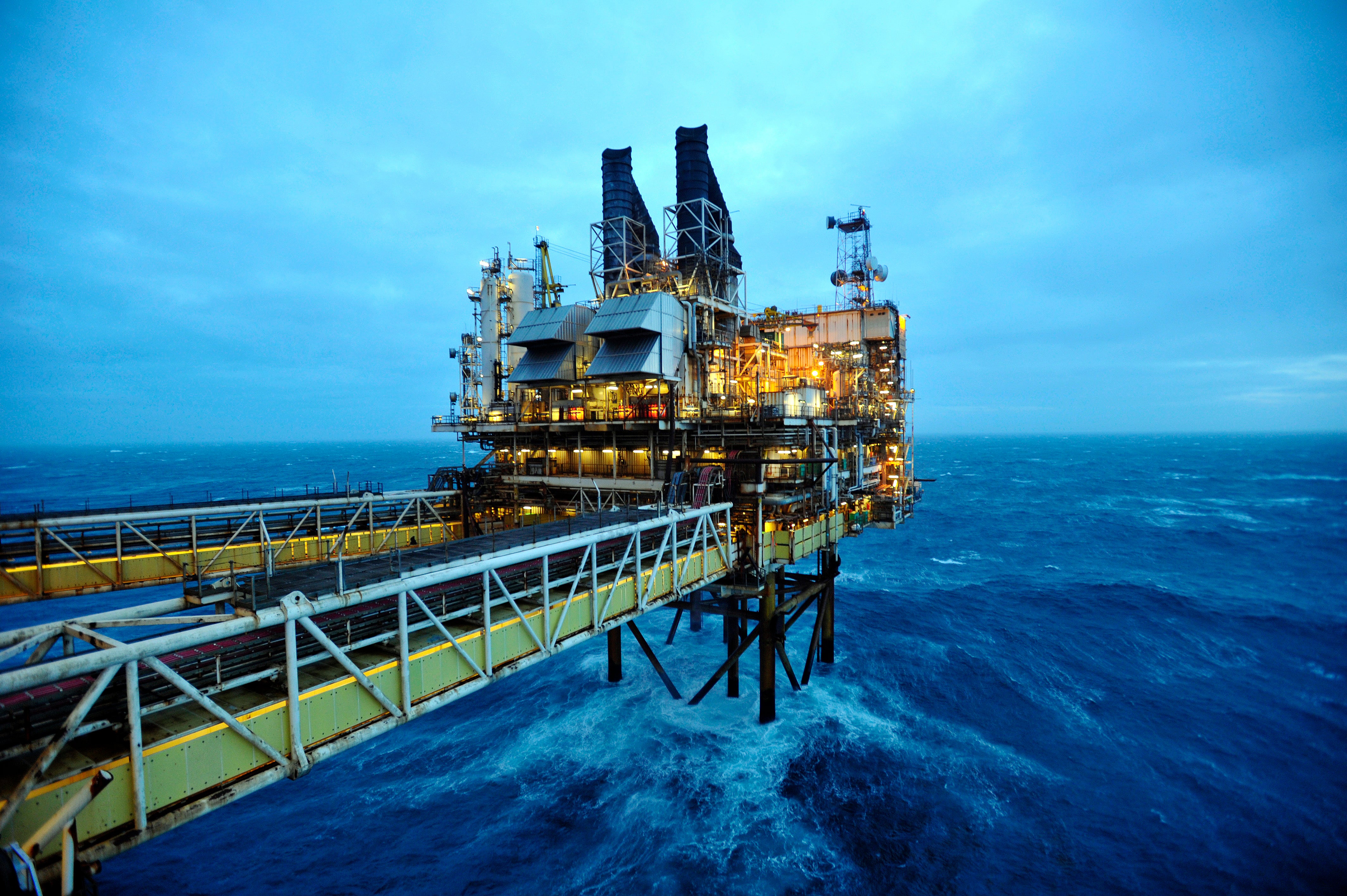I worked at Shell for 33 years – the government is wrong on North Sea oil
Investing into North Sea oil won’t cut our bills or protect Britain’s energy security, so why is the energy secretary saying the opposite?


Your support helps us to tell the story
From reproductive rights to climate change to Big Tech, The Independent is on the ground when the story is developing. Whether it's investigating the financials of Elon Musk's pro-Trump PAC or producing our latest documentary, 'The A Word', which shines a light on the American women fighting for reproductive rights, we know how important it is to parse out the facts from the messaging.
At such a critical moment in US history, we need reporters on the ground. Your donation allows us to keep sending journalists to speak to both sides of the story.
The Independent is trusted by Americans across the entire political spectrum. And unlike many other quality news outlets, we choose not to lock Americans out of our reporting and analysis with paywalls. We believe quality journalism should be available to everyone, paid for by those who can afford it.
Your support makes all the difference.I was a principal scientist for the oil company Shell, for which I worked for 33 years. I have a degree in aeronautical engineering and a PhD in fluid mechanics.
I recently read a letter from the business and energy secretary, Kwasi Kwarteng, in which he tries to justify government plans to encourage investment in new North Sea oil and gas. He says it would “protect Britain’s energy security” and smooth the “transition to cheap, clean, home-grown energy”, as well as cutting energy bills.
But expanding North Sea oil will do none of those things, for several reasons.
We don’t own the oil and gas, which we give away to energy companies together with substantial subsidies. They sell the oil and gas to the highest bidder on international markets, keep all the revenue, and are currently making eye-watering profits on which they pay almost no tax. Almost 80 per cent of UK production of crude oil is exported and plays no part in our domestic energy security.
We don’t own the companies that exploit this oil and gas. According to one study, more than a third of the licence blocks in the North Sea now have a private or state-backed controlling interest, with fossil fuel firms from China, Russia and the Middle East playing an increasingly dominant role. As well as being unaccountable to UK shareholders, these businesses have no strategic interest in UK energy security or in keeping bills low for UK households.
We don’t own the refineries. They are owned by private companies like Essar (Indian-owned, and reportedly had links to Russian company Lukoil), Petroineos (Chinese joint venture) and Exxon Mobil. To make money these refineries must run close to full capacity with specific types of crude oil not found in the UK. Reconfiguring is expensive, so the refineries have a strong interest in tying us into foreign crude imports.
We have no control over the price of oil and gas. Producing our own oil and gas does not guarantee that it is available to UK consumers at a price they can afford, as the recent energy price crunch has demonstrated. We pay the international price of oil no matter where it comes from. Fluctuations in the oil price both up and down are felt directly by us.
We can’t just turn on a tap. Allowing new UK oil and gas production is not a quick fix to plug the small gaps caused by the Russian invasion of Ukraine. The new licences in the North Sea will take years to come on stream – an average of 28 years from the licence being granted to production, says the Climate Change Committee. Even the “easy” stuff can take up to 8 years depending on the geology.
To keep up to speed with all the latest opinions and comment, sign up to our free weekly Voices Dispatches newsletter by clicking here
So despite Kwarteng’s plans, the UK public will remain vulnerable to global instability in oil availability and price for the foreseeable future.
As for smoothing “the transition to cheap, clean, home-grown energy”. What kind of clean energy investment signal is the government sending by continuing to subsidise fossil fuels?
By refusing to recognise and incentivise investment in the most cost-effective opportunities to cut carbon – solar and wind energy, insulation and free public transport – it is destroying jobs and ensuring higher and more volatile energy bills are baked in.
The only way to be truly secure is to exit fossil fuels and invest in the alternatives.
Join our commenting forum
Join thought-provoking conversations, follow other Independent readers and see their replies
Comments